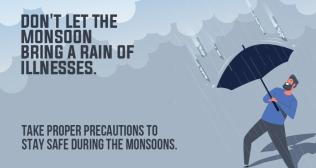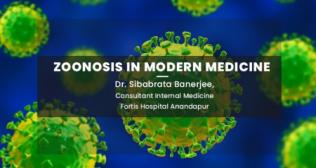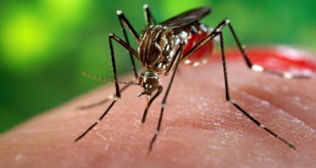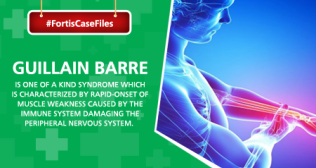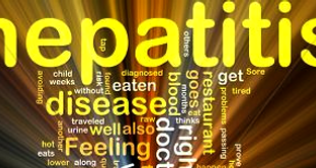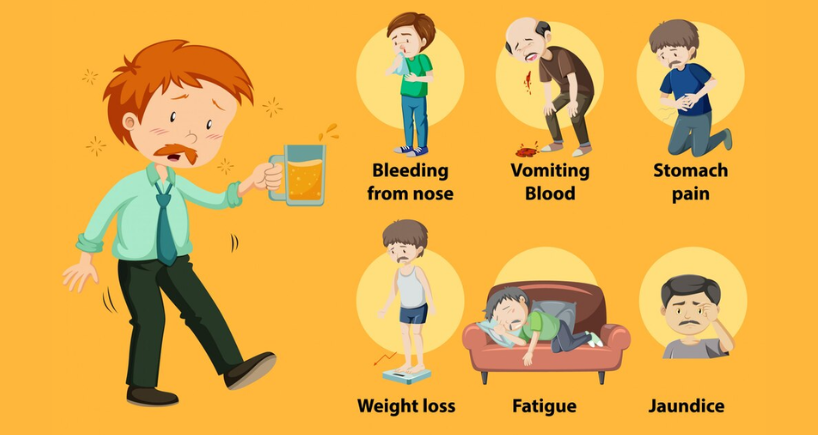
Thiamine Deficiency Symptoms, Causes and Treatments
Thiamine, also referred to as vitamin B1, is an extremely important vitamin. This important nutrient assists the body in converting food into energy and has normal function in the nervous system. Although thiamine is important, thiamine deficiency is still a public health issue today, especially for individuals with poor dietary diversity or with some diseases.
What is thiamine deficiency?
Pernicious anaemia results if the body lacks adequate amounts of vitamin B1 that it requires to function properly. It is more common, although rarer in the developed world, in parts of the world where refined carbohydrates are consumed or thiamine sources such as whole grains, legumes or lean meats are absent.
Symptoms of thiamine deficiency
Thiamine deficiency symptoms differ in their severity depending on the degree of deficiency and the length of the process. Early signs may include:
- Fatigue
- Irritability
- Loss of appetite
- Muscle weakness
- As the deficiency progresses, more severe conditions may develop, such as:
- Beriberi: It affects the nervous and cardiovascular systems.
- Dry beriberi leads to peripheral neuropathy, which features include muscle wasting, weakness and areflexias.
- Wet beriberi results in heart failure and oedema.
- Wernicke-Korsakoff syndrome (WKS): It is an acute neurologic disease that manifests itself by confusion, amnesia and ataxia. It is most often linked to the consumption of alcohol for many years.
Causes of thiamine deficiency
Thiamine deficiency can arise from several factors, including:
- Inadequate dietary intake: A poverty-stricken or restricted diet may result in a deficiency of thiamine in the diet of the affected persons.
- Excessive alcohol consumption: Consumption of high levels of alcohol reduces thiamine uptake and makes one susceptible to thiamine deficiency.
- Certain medical conditions: Endocrine disorders such as diabetes mellitus type 1 and type 2 alter nutrient absorption, and diseases such as Crohn’s disease, celiac disease and HIV/AIDS.
- Pregnancy and breastfeeding: They, therefore, require additional nutrients, failure to which one may develop a deficiency during such a period.
- Prolonged diarrhoea or vomiting: These conditions reduce the overall thiamine content within the human body.
- Certain medications: Thiamine levels can be lowered by diuretics and chemotherapy drugs.
How is thiamine deficiency diagnosed?
A thiamine deficiency test includes the level of thiamine in either the blood or urine samples. The practitioners may also assess symptoms and history of diet. It is, however, important that this is done at an early stage to avoid worsening of the condition.
Treating thiamine deficiency
Thiamine deficiency can be fixed by introducing thiamine in the patients’ body. This can be achieved through:
- Thiamine supplements: These are in the form of tablets, which may be oral or enteric coated, as well as capsules and injectable solutions. The dosage depends on the actual degree of the deficiency.
- Dietary changes: Other ways of ensuring sufficient amounts of this vitamin include including whole grain products, nuts, seeds, legumes, lean meats and processed cereals that are fortified with thiamine.
- Managing underlying conditions: Treatment of conditions that may cause conditions such as alcohol dependency or gastrointestinal disorders will allow for efficient use of thiamine
Choosing the best thiamine supplement
When selecting a thiamine supplement, consider the following factors:
- Form: Thiamine exists as thiamine hydrochloride, benfotiamine and other forms. Benfotiamine is a fat-soluble analogue which is recommended for better absorption.
- Dosage: Talk to your healthcare provider to see what dose of the drug will be most suited to your situation.
- Reputable brands: When selecting your supplements, be sure to buy from reputable manufacturers that have their supplements tested.
Preventing thiamine deficiency
Preventive measures include:
- Taking foods with increased traces of thiamine, such as complex carbohydrates, pulse, wholegrain cereals and white rice
- Reducing alcohol consumption
- Additional foods needed occasionally to complement and boost nutrient intake, especially for high-risk groups such as pregnant women or people with chronic diseases
Conclusion
Thiamine deficiency is one of the conditions that can be prevented, and its causes can be eliminated. However, knowing what symptoms to look out for is crucial. It is, therefore, possible to go through regular check-ups, early treatments when needed, effective preventative measures and lead a normal, healthy life. It is good food for the body, along with diet or supplements, to take enough thiamine, which is part of improving quality of life. If you have that feeling, I recommend seeing a doctor to run a thiamine deficiency test and get more advice. It is, therefore, important to take the right thiamine supplement and perhaps change the diet in order to minimise or even avoid this complication.







